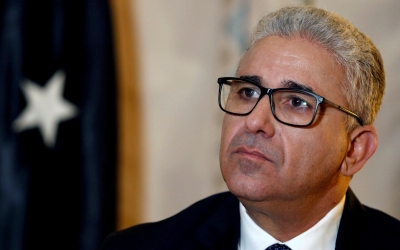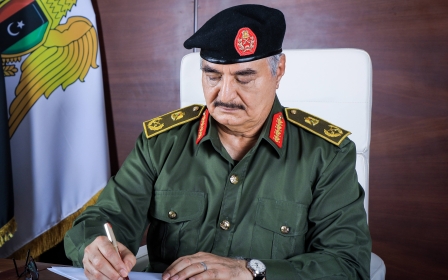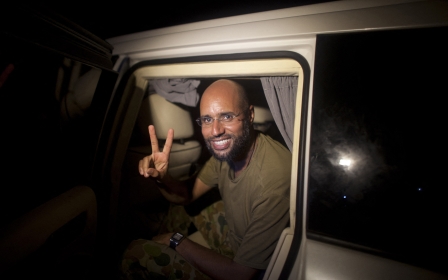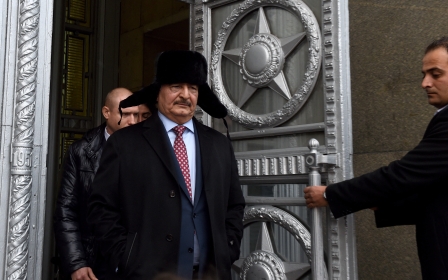UN official urges Libyans to hold elections as soon as possible
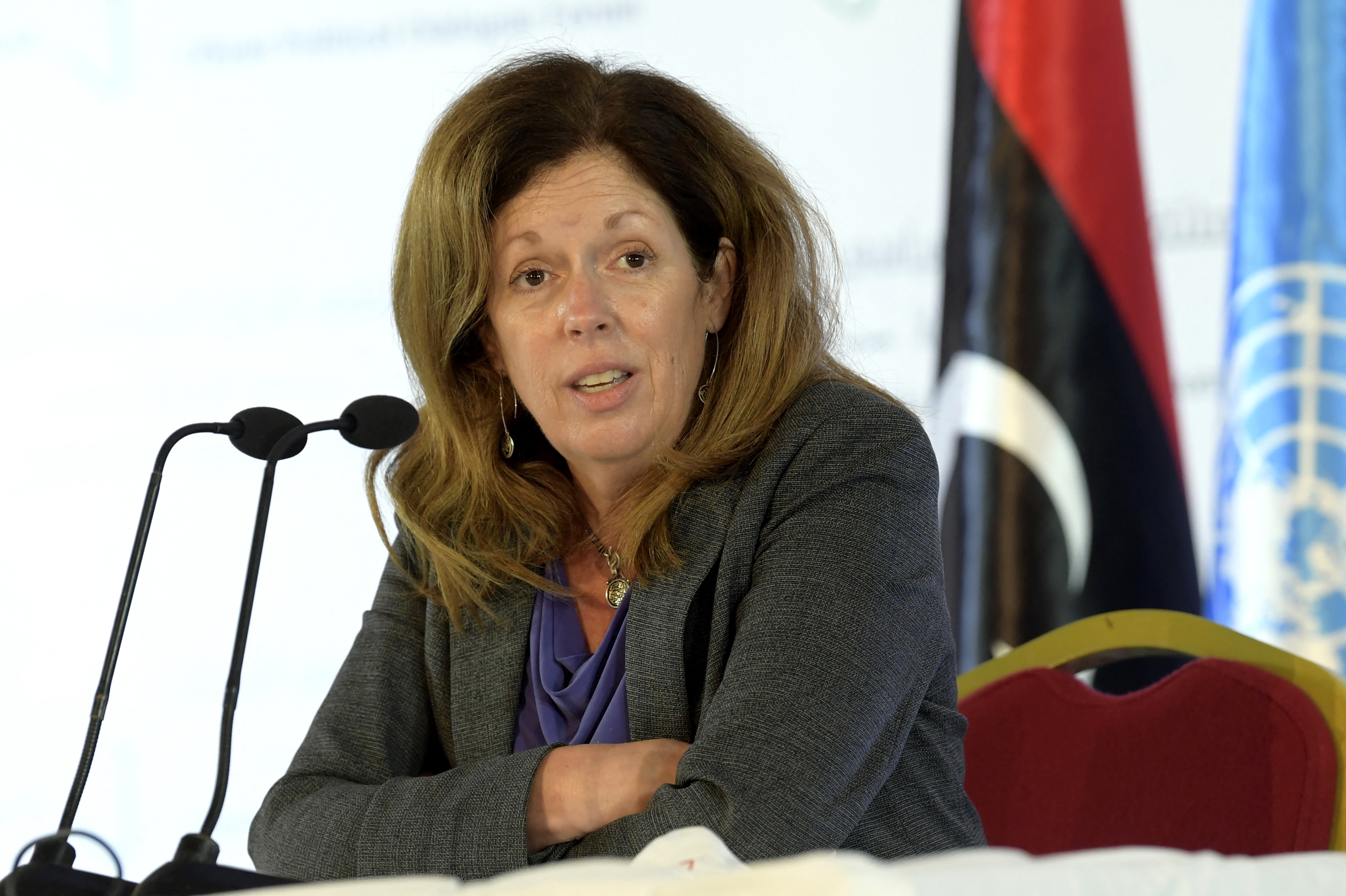
The UN's top official for Libya on Thursday said moving forward with elections was the country's best way out of the "perennial conflict over access to authority and resources".
The UN special adviser on Libya, Stephanie Williams, told Middle East Eye that the world body was focused on forming consensus on a constitutional basis and establishing a firm time frame for national elections to be held.
Libya failed to hold a presidential vote in December amid bickering over election laws and the eligibility of candidates. Since then, the country's political troubles have deepened with a dispute over executive authority.
Earlier this month, Libya's parliament approved a government led by former interior minister, Fathi Bashagha. However, the current prime minister, Abdul Hamid Dbeibah, is refusing to cede power.
Dbeibah came to office last year in a power-sharing arrangement brokered by the UN with a mandate to organise the country for elections at the end of 2021.
Both men have armed factions behind them and many are concerned that tensions could boil over, sending Libya back into a new cycle of violence.
Williams said that ordinary Libyans had "no appetite" for a return to conflict and pointed to the “wise constraint” among local leaders that deescalated tensions on March 10 after an armed convoy associated with Bashagha began making its way to Tripoli.
While Libya has remained generally calm, the UN has been left to balance between two rival prime ministers as it continues to urge all sides to hold elections as soon as possible.
"You can lurch from one temporary government to another temporary government, and these eternal power-sharing arrangements, but you can’t escape the fact that you need to get the country to elections," Williams told MEE.
Williams said it was a "simple fact" that any interim, temporary government was going to suffer from a certain lack of legitimacy, as she reiterated the need for elections to be held as soon as possible.
Libya has been in a state of unrest since 2011, when a Nato-backed uprising toppled longtime ruler Muammar Gaddafi.
In 2019, the country descended into full-scale war when eastern-based commander Khalifa Haftar launched an assault on the UN-recognised government in Tripoli.
The fighting devolved into a proxy conflict with the UAE, France, Egypt, and Russia backing Haftar's forces, and Turkey intervening on the side of the Tripoli government.
A UN-brokered ceasefire in October 2020 ended the fighting and ushered in an interim government. However, the country remains divided, with warring eastern and western halves.
Middle East Eye propose une couverture et une analyse indépendantes et incomparables du Moyen-Orient, de l’Afrique du Nord et d’autres régions du monde. Pour en savoir plus sur la reprise de ce contenu et les frais qui s’appliquent, veuillez remplir ce formulaire [en anglais]. Pour en savoir plus sur MEE, cliquez ici [en anglais].


